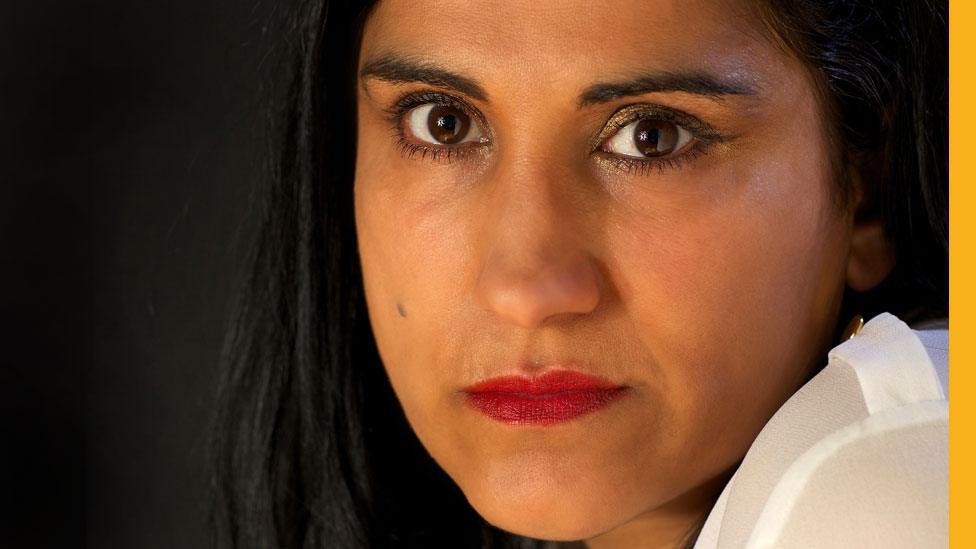Forced marriage: Victims will no longer have to take out loans
- Published

Victims of forced marriages overseas will no longer have to take out loans to pay for their return to the UK.
It emerged last week in an investigation by The Times, external that those unable to cover flights, food and shelter were made to take out an emergency loan.
Foreign Secretary Jeremy Hunt said the policy was changing as victims "may have endured particular suffering".
Existing loans will be written off and the women's passports returned.
Mr Hunt said the Foreign Office would try to get most repatriation costs covered by imposing so-called Forced Marriage Protection Orders on the people and families who arranged the forced marriage.
But the small number who would have had to take out a loan will now have their repatriation costs paid for by the Foreign Office.
Between 2016 and 2017, 82 people were repatriated with the support of the government's Forced Marriage Unit. Of those victims, between 8 and 12 had to take out loans.
When the Times reported the practice, MPs condemned the loans as "astonishing" and "immoral".
'Travel against wishes'
Mr Hunt said: "Whereas the Foreign Office rightly expects that adult Britons who receive consular assistance will, in general, pay for their own travel home, victims of forced marriage may have endured particular suffering.
"They will often have travelled abroad against their wishes, or under false pretences."
Mr Hunt said the unit's staff "carry out profoundly necessary work" and added: "Our treatment of vulnerable Britons abroad should always be guided by compassion."
Mr Hunt revealed the policy change in a letter to the chairman of the Foreign Affairs Committee, Tom Tugendhat.
- Published2 January 2019
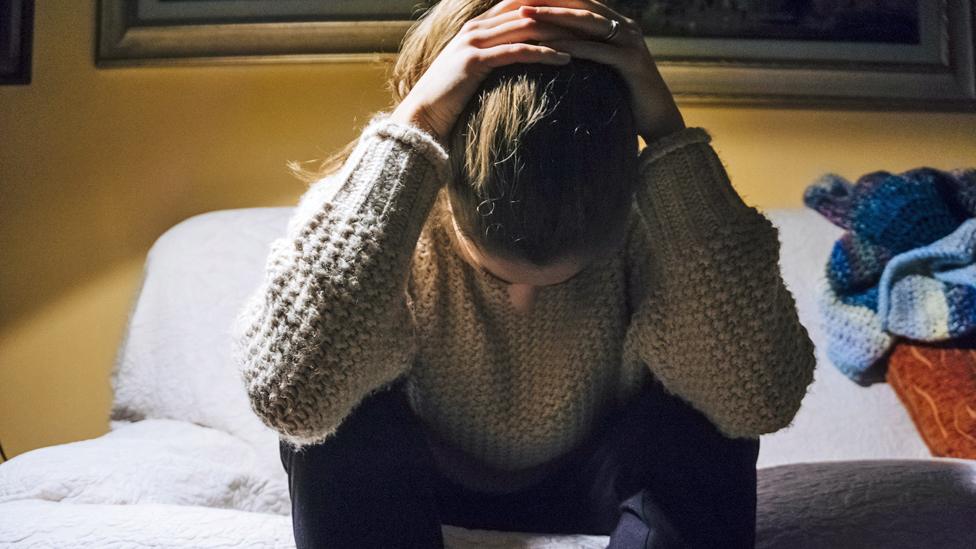
- Published5 December 2018
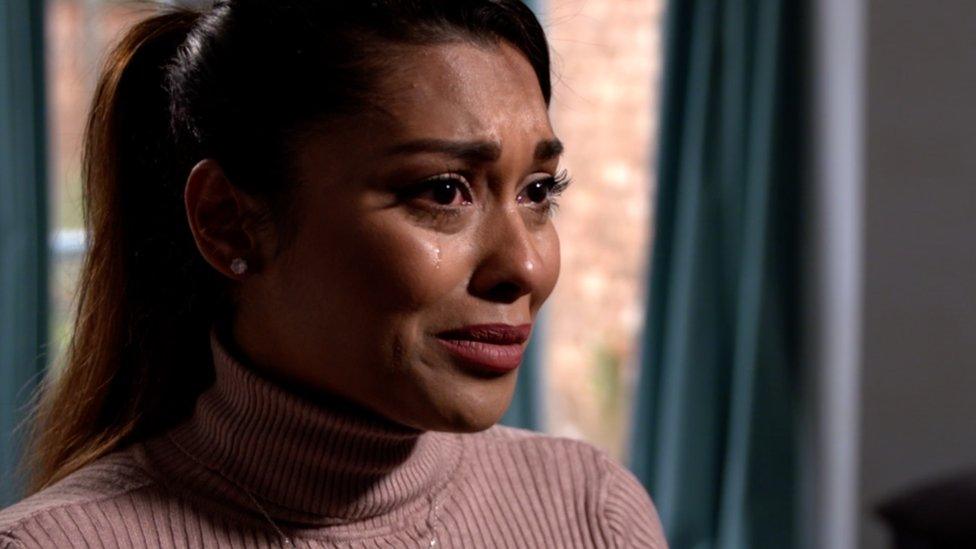
- Published4 August 2018
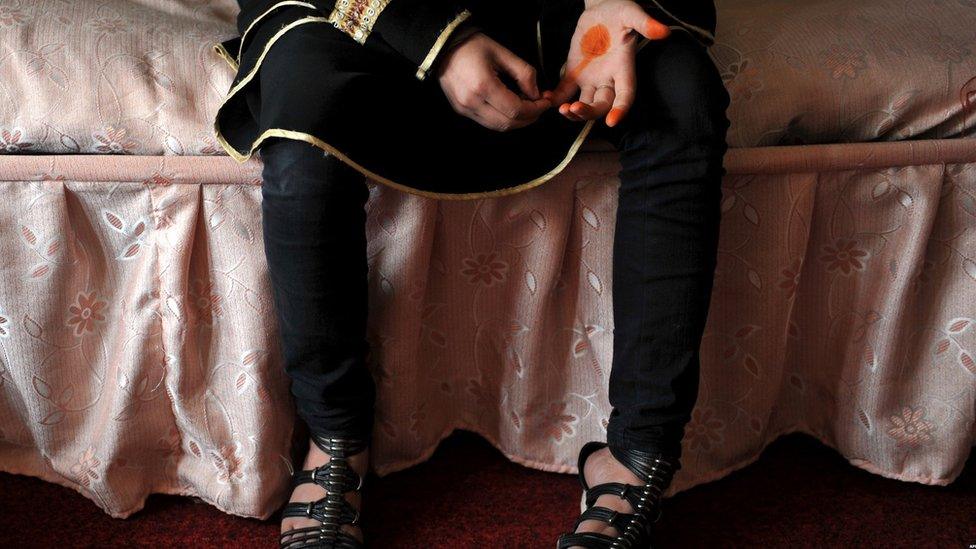
- Published12 July 2018
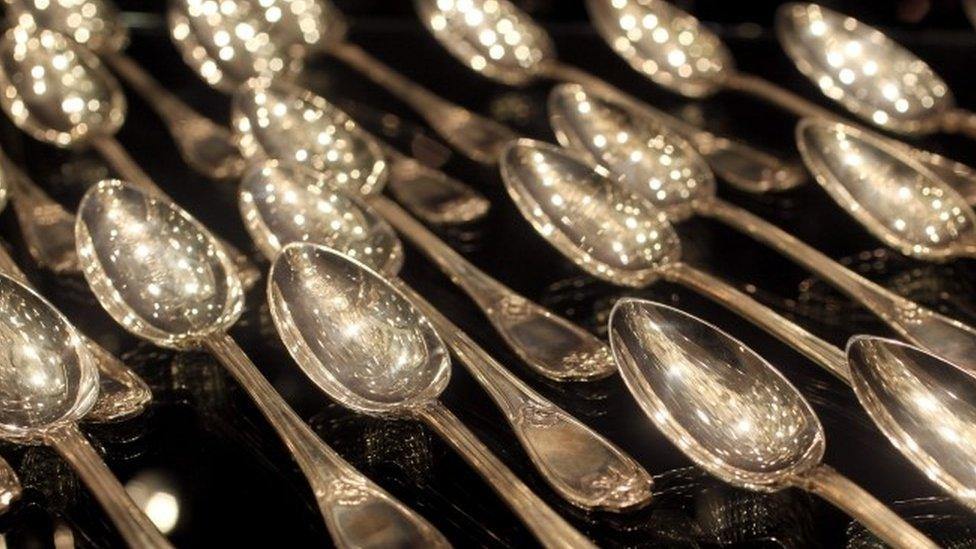
- Published19 June 2018
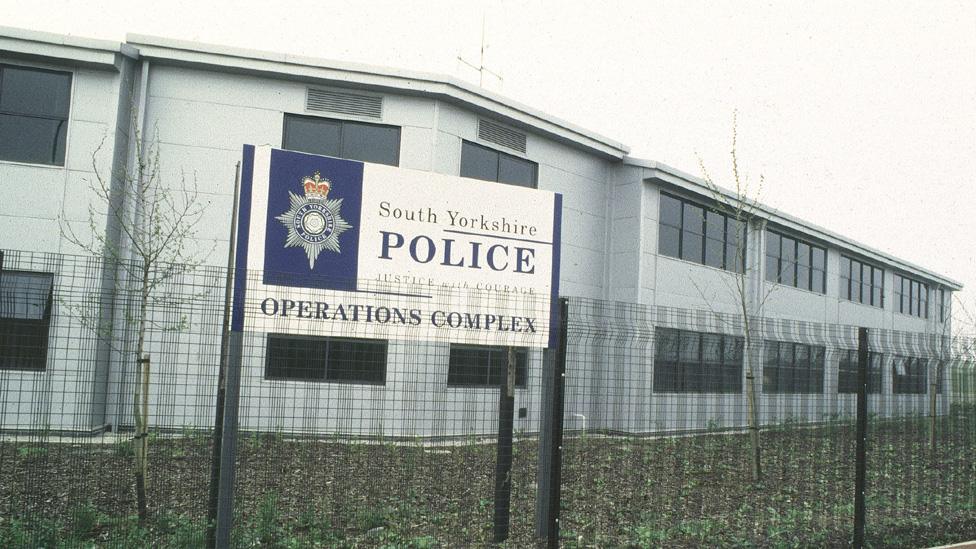
- Published24 February 2017
